Iranian protests
-
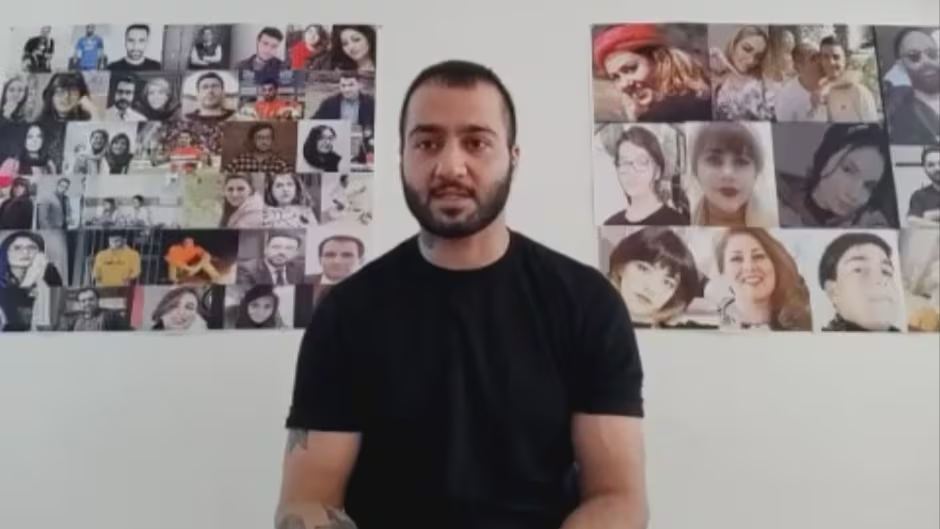
The Monarchist-IRGC Bloc and the Suppression of Iran’s Opposition
•
The polarization of Iranian society is intensifying. What is unfolding is not a chaotic battle of competing factions but a deliberate convergence of reactionary forces. The IRGC and monarchist groups, though seemingly at odds in ideological rhetoric, are engaged in a joint effort to eliminate political dissidents. The IRGC carries…
-
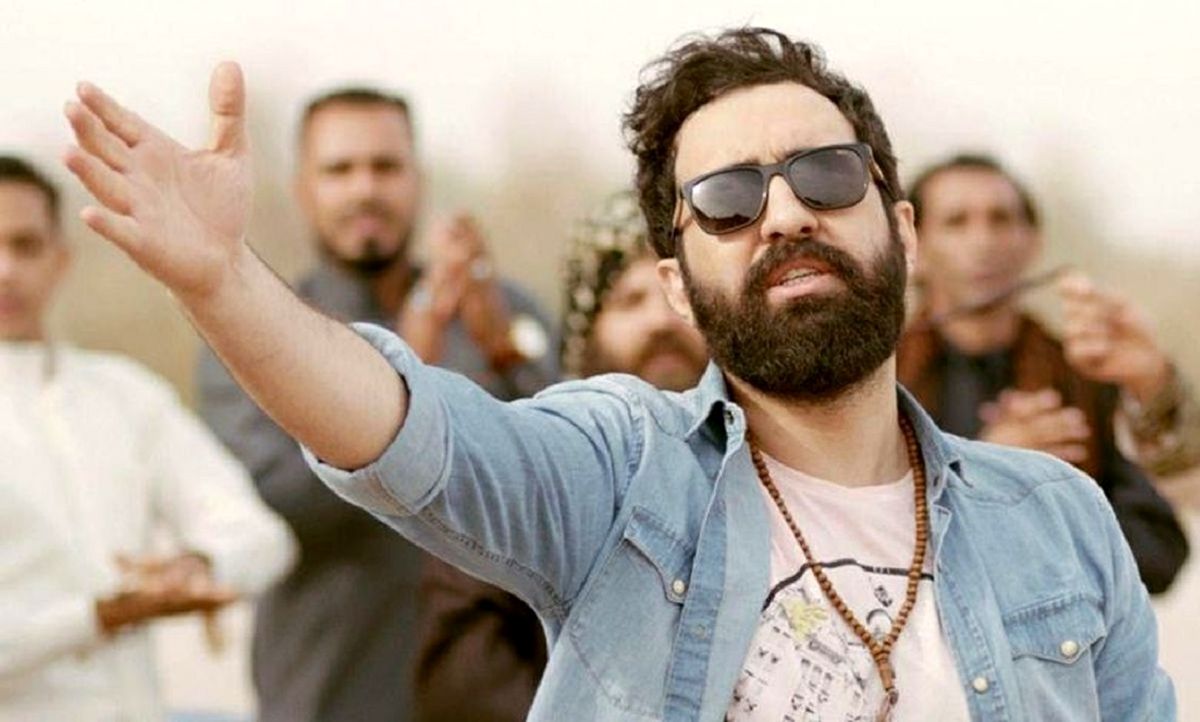
Lashes of Tyranny: The Suppression of Mehdi Yarrahi
•
Mehdi Yarrahi, the Iranian protest singer, has once again become a symbol of defiance after enduring 74 lashes for his music. His crime—singing “RooSariTo”, a song in solidarity with the “Woman, Life, Freedom” movement—led to his arrest, imprisonment, and a brutal punishment carried out by the Islamic Republic’s judiciary. His…
-
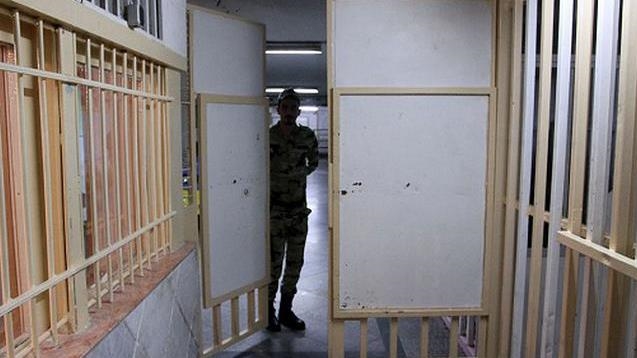
The Trial That Could Change Iran’s Future
•
Iran’s modern history is a story of unbroken state repression. From the monarchy of Mohammad Reza Pahlavi to the theocratic rule of the Islamic Republic, prisons have remained instruments of control, torture has been routine, and dissent has been met with bullets and gallows. The names and slogans have changed,…
-
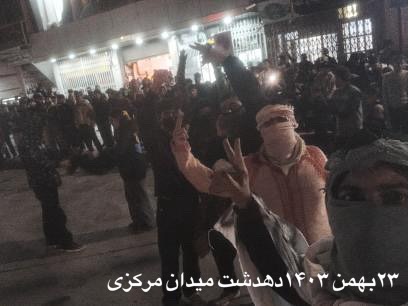
The Structural Roots of Resent Protests in Iran
•
Over the past week, for several consecutive nights, the city of Dehdasht in Kohgiluyeh and Boyer-Ahmad province has witnessed widespread protests against recurring power outages, economic hardships, and government repression. These protests were met with a harsh crackdown by security forces and police. Regime-affiliated sources attempted to portray the protests…
-
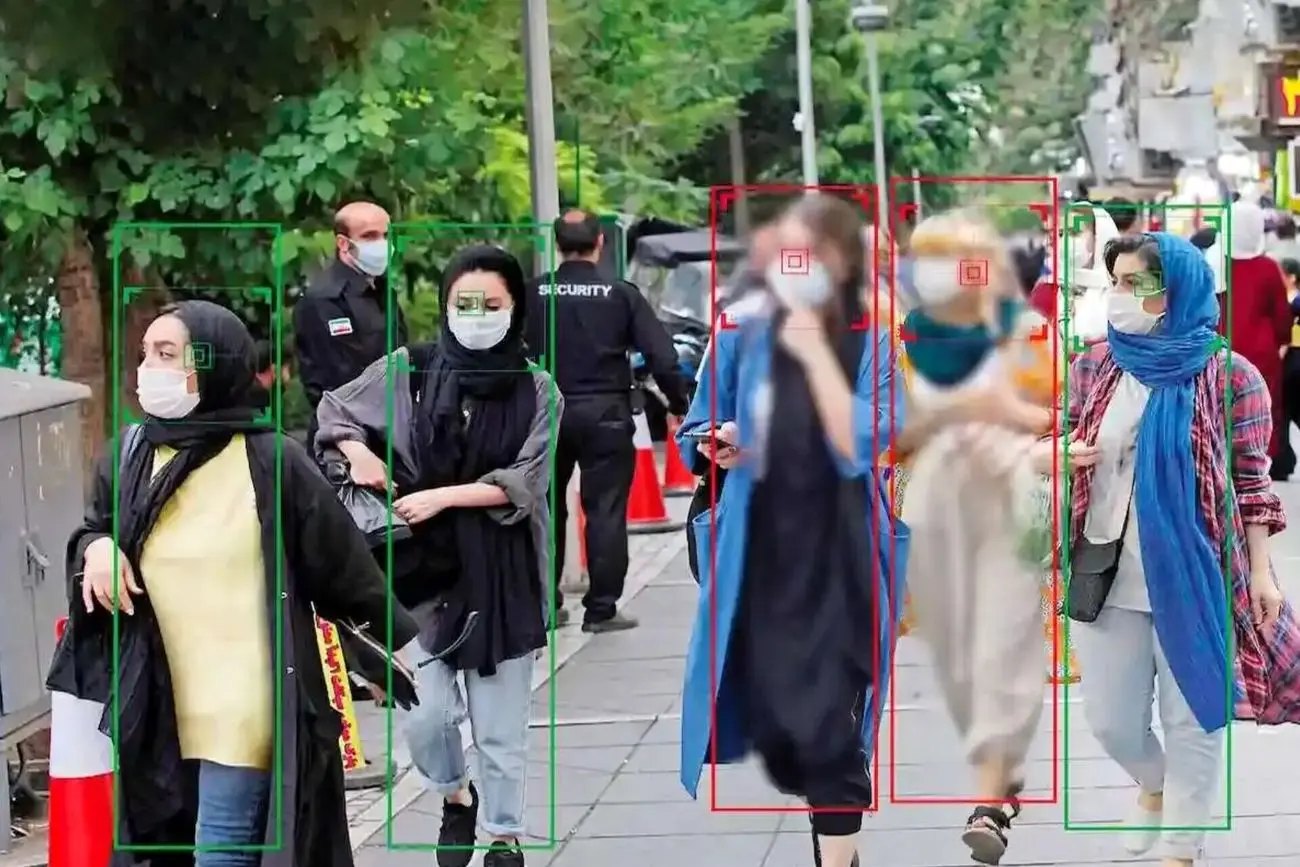
Impact of the Hijab Law on Iranian Society
•
The newly approved Hijab Law in Iran, composed of 74 articles across five chapters, has ignited a storm of criticism among legal experts, citizens, journalists, and political figures. Many see it as a direct assault on individual and social freedoms, imposing restrictions that clash with the realities of daily life…
-
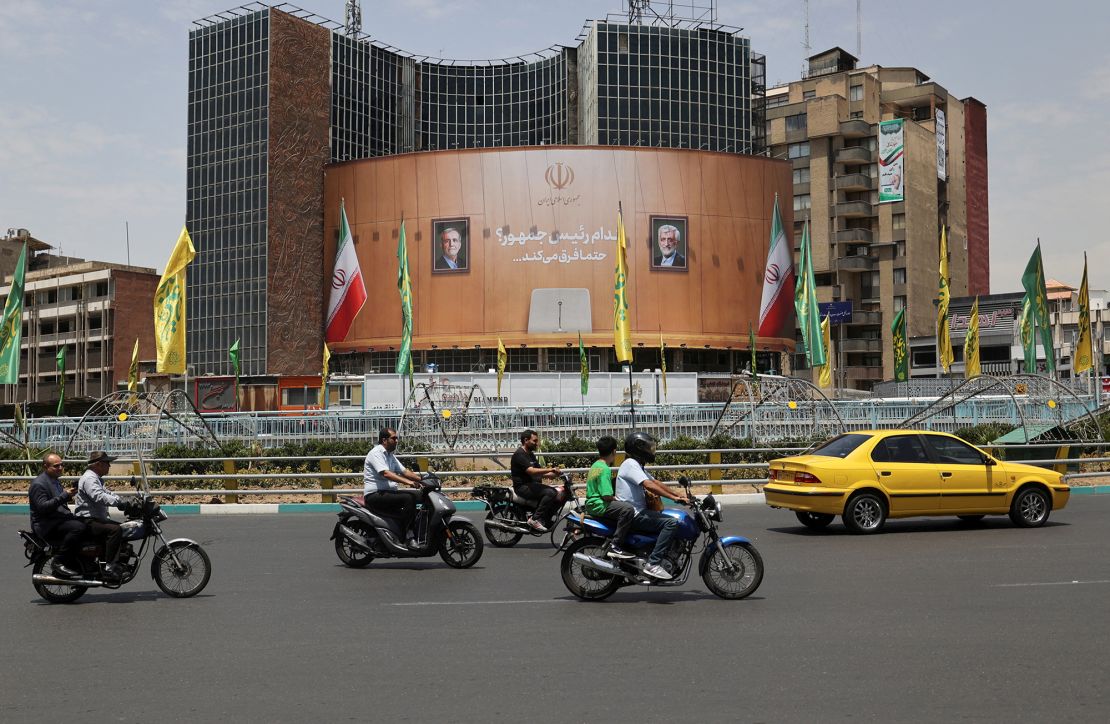
Understanding Iran’s Election Engineering and its Global Ramifications
•
The post discusses the intricate political dynamics in Iran involving its relationships with Russia, the West, and China. It highlights Interior Minister’s statement on a “new era” and Vladimir Putin’s concern about Iran-Russia relations amid presidential elections. The narrative points to Iran’s need to engage with the West to ease…
-
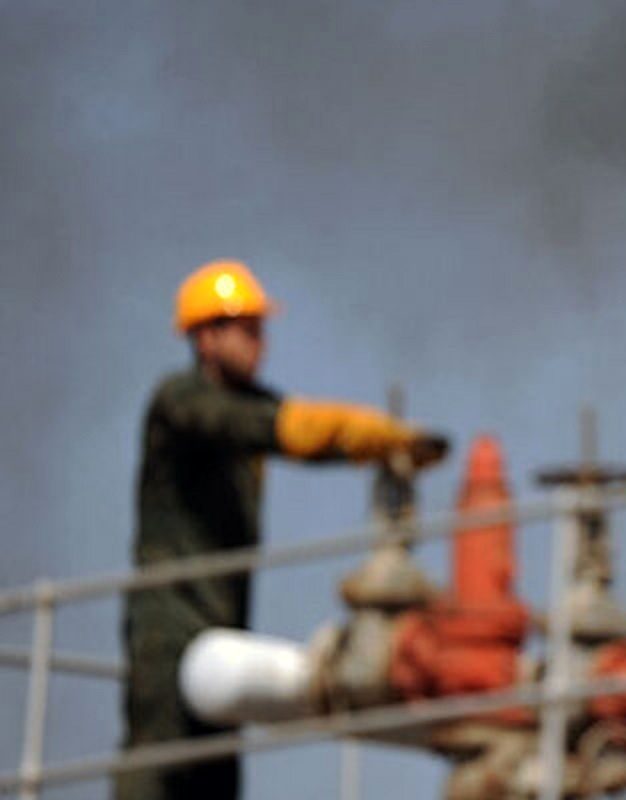
Strikes and Struggles: The Plight of Iran’s Oil Workers
•
The new wave of strikes, called the “14-14” campaign, began on June 19. Contract workers in various oil and gas companies went on strike demanding higher wages and a 14-day work, 14-day rest schedule. Earlier, these workers had warned that if their demands were not met by the end of…
-
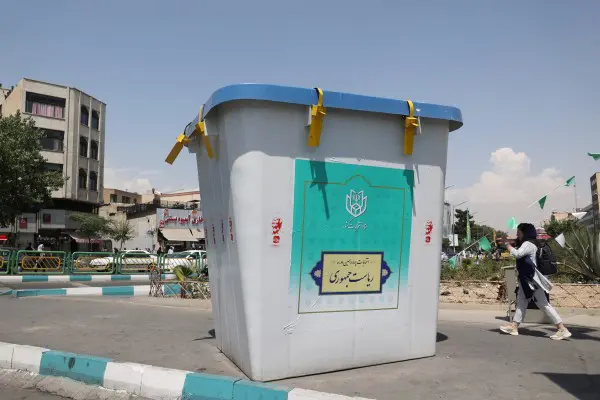
The Complex Dynamics of Voting in Iran: Aspirations, Realities, and Repression
•
The political situation in Iran is like a patient with 80% of their body affected by leukemia or AIDS. Those who still have hope in this sick and paralyzed democracy ask what should be done with this patient. They don’t abandon the patient but use their energy to keep him…
-
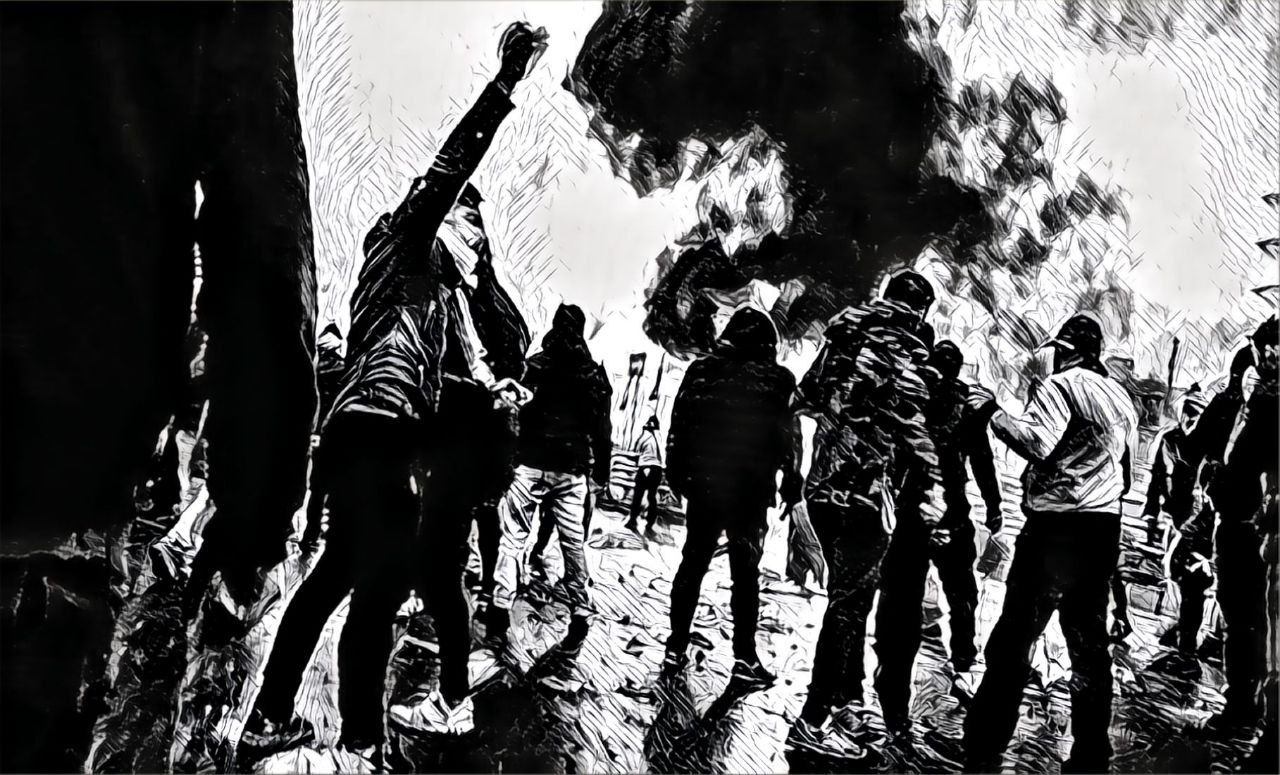
Street Power: The Islamic Regime’s Worst Nightmare
•
Once, Ali Khamenei, the leader of the Islamic Republic, said that he would not “surrender to street challenges.” This was during the days of the Green Movement when the streets were filled with protesters, and the government’s response was an iron fist and the killing of protesters in the streets.…
-
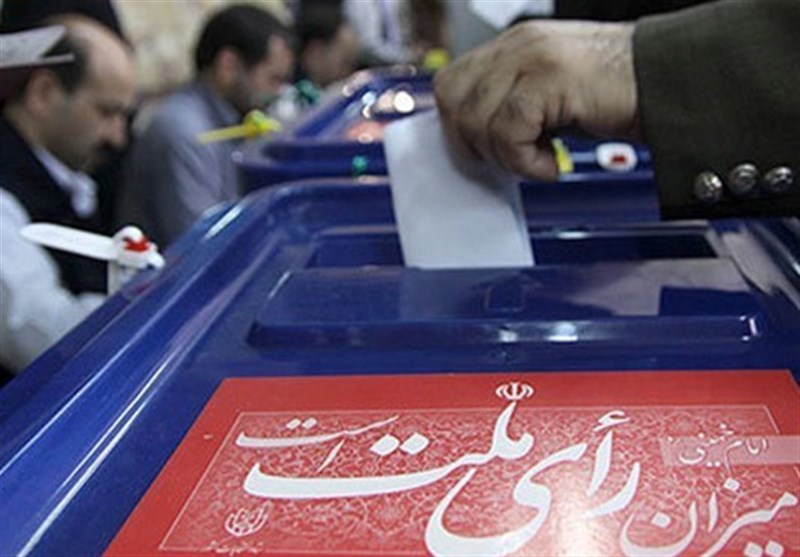
Islamic regime’s Chessboard:
Potential Presidential Candidates•
The Islamic Republic of Iran is preparing for a presidential election on June 28, 2024, following the untimely death of President Ebrahim Raisi in a helicopter crash. The governments of Mohammad Reza Shah Pahlavi and the Islamic Republic are both theocratic regimes. However, contrary to common perceptions, in certain aspects…
-
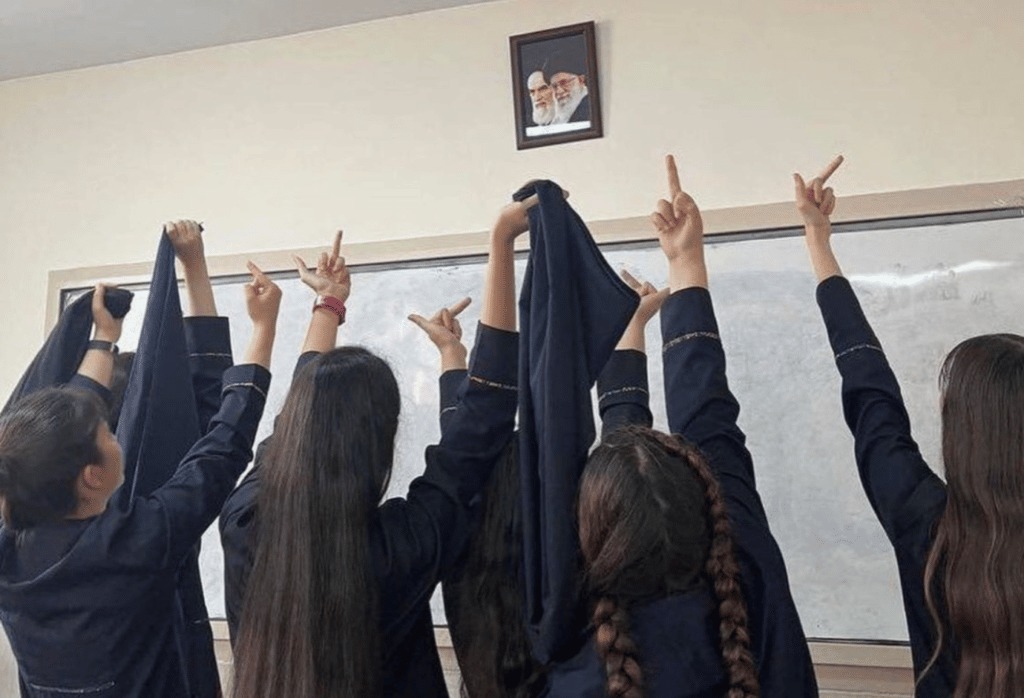
Iran’s Youth vs. Theocracy:
Iran After death of Raisi•
Raisi is dead. A killer of thousands of innocent people who were executed with just a few questions. Some of these questions were: Is the prisoner willing to condemn the Mojahedin organization and its leader? Is the prisoner loyal to the ideals of the Mojahedin organization? And for the leftist…
-
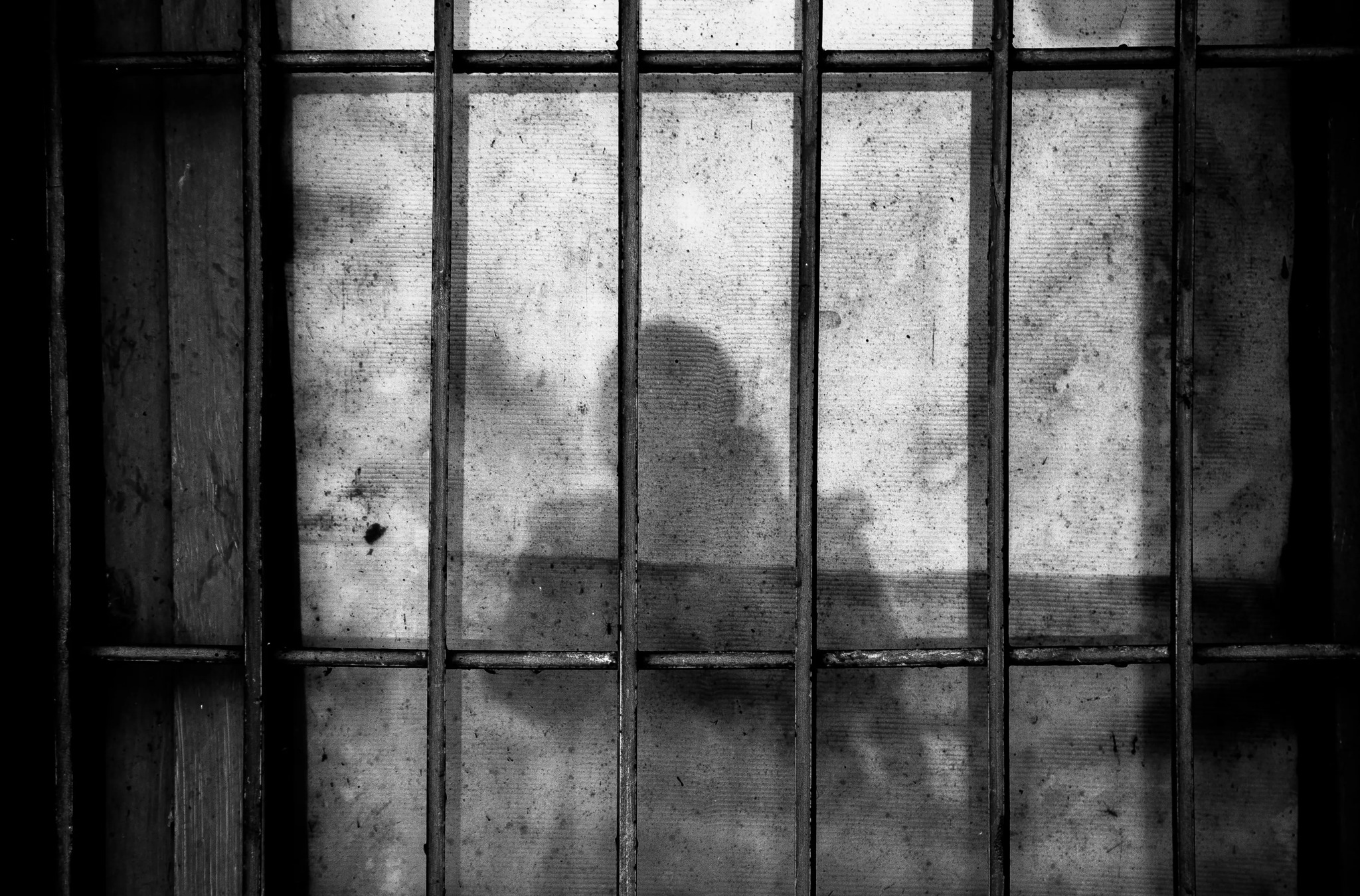
How Iran’s Political Prisoners Are Driven to Suicide
•
Dalia Andam, a 15-year-old Kurdish protester from Sanandaj, tragically ended her life after rejoining protests and receiving threats from law enforcement. On November 17, 2022, Dalia was shot with 25 pellets during a protest, further attacked later, and her family avoided hospitals for fear of arrest. She rejoined protests but,…



